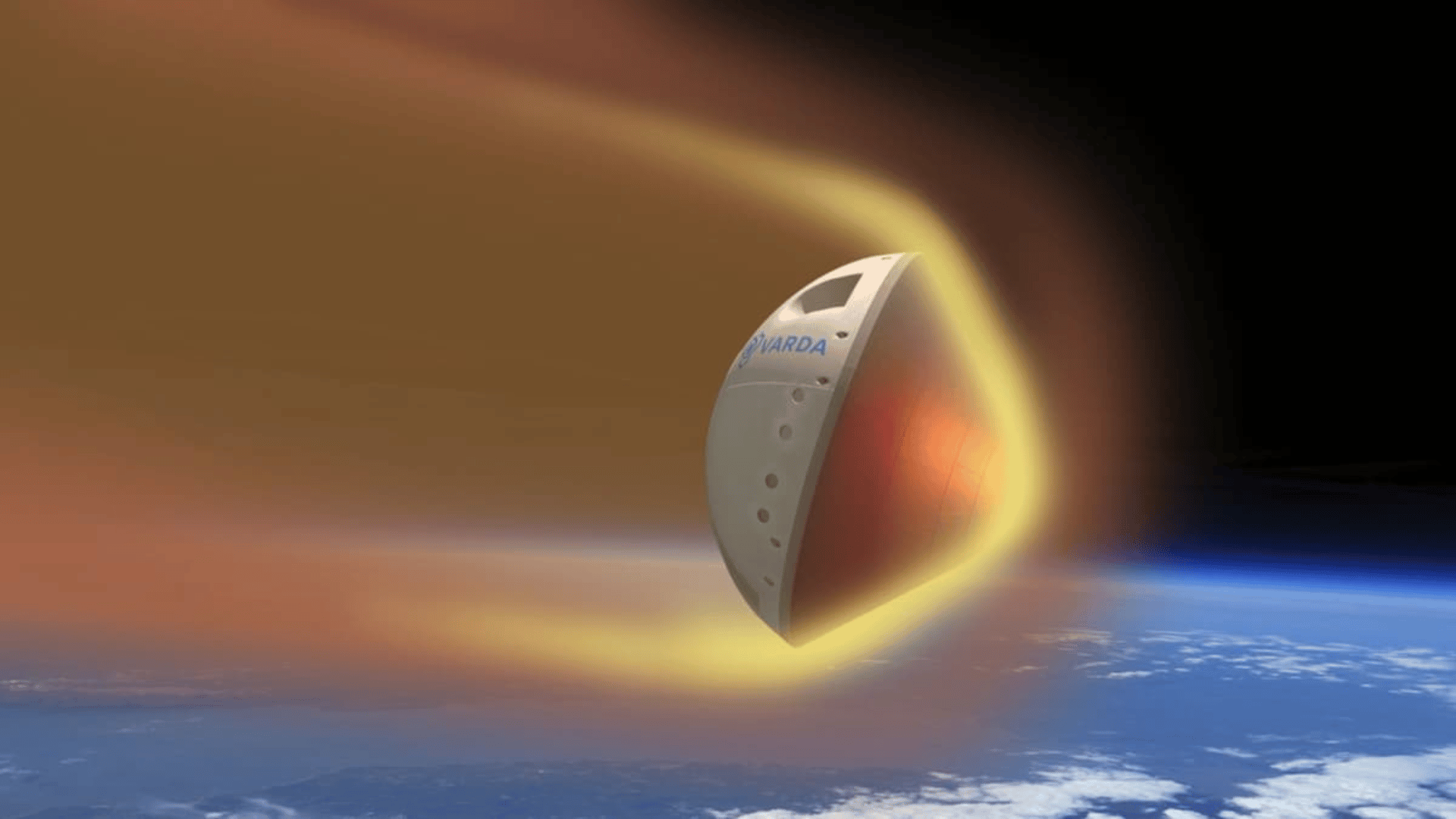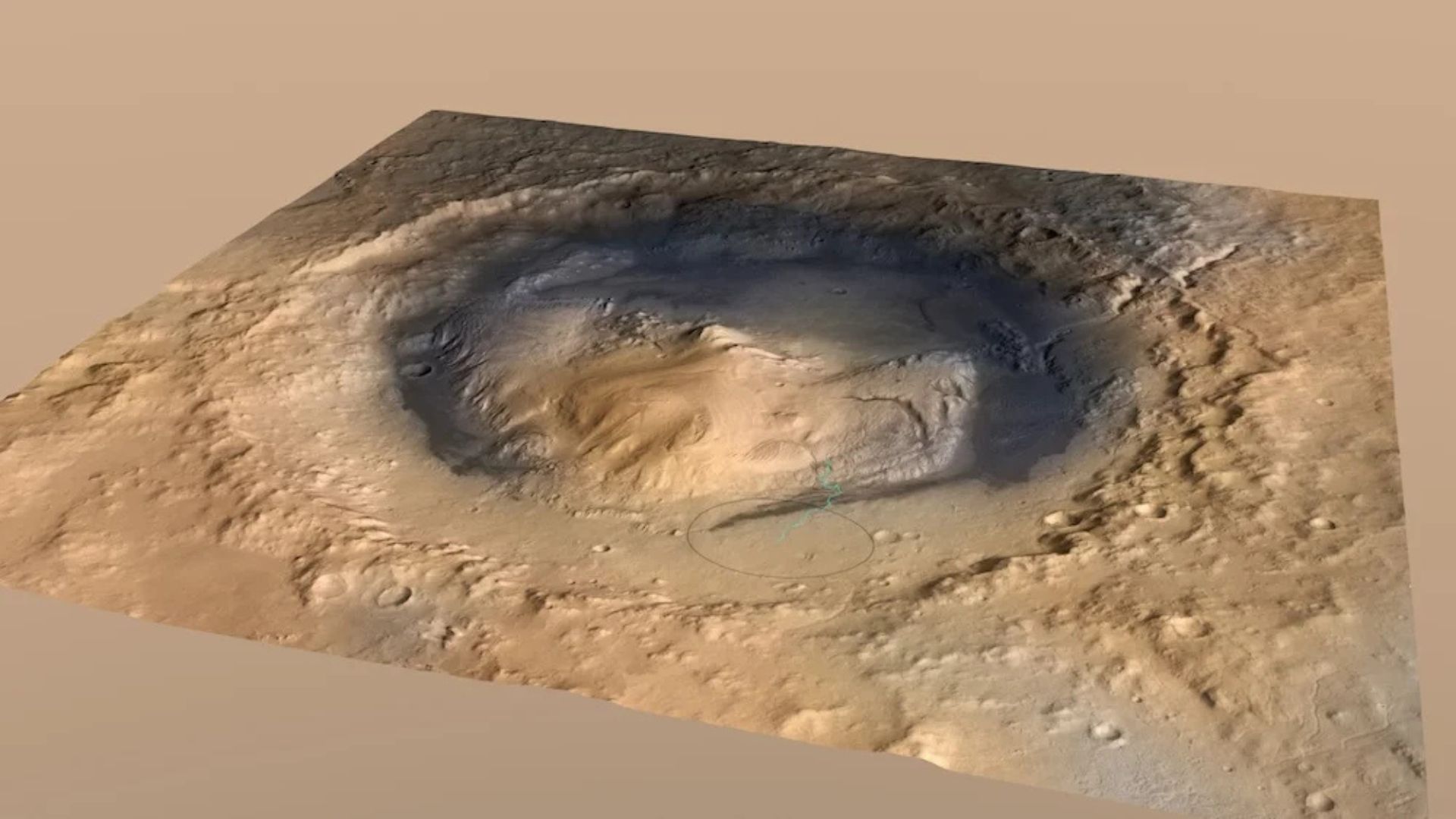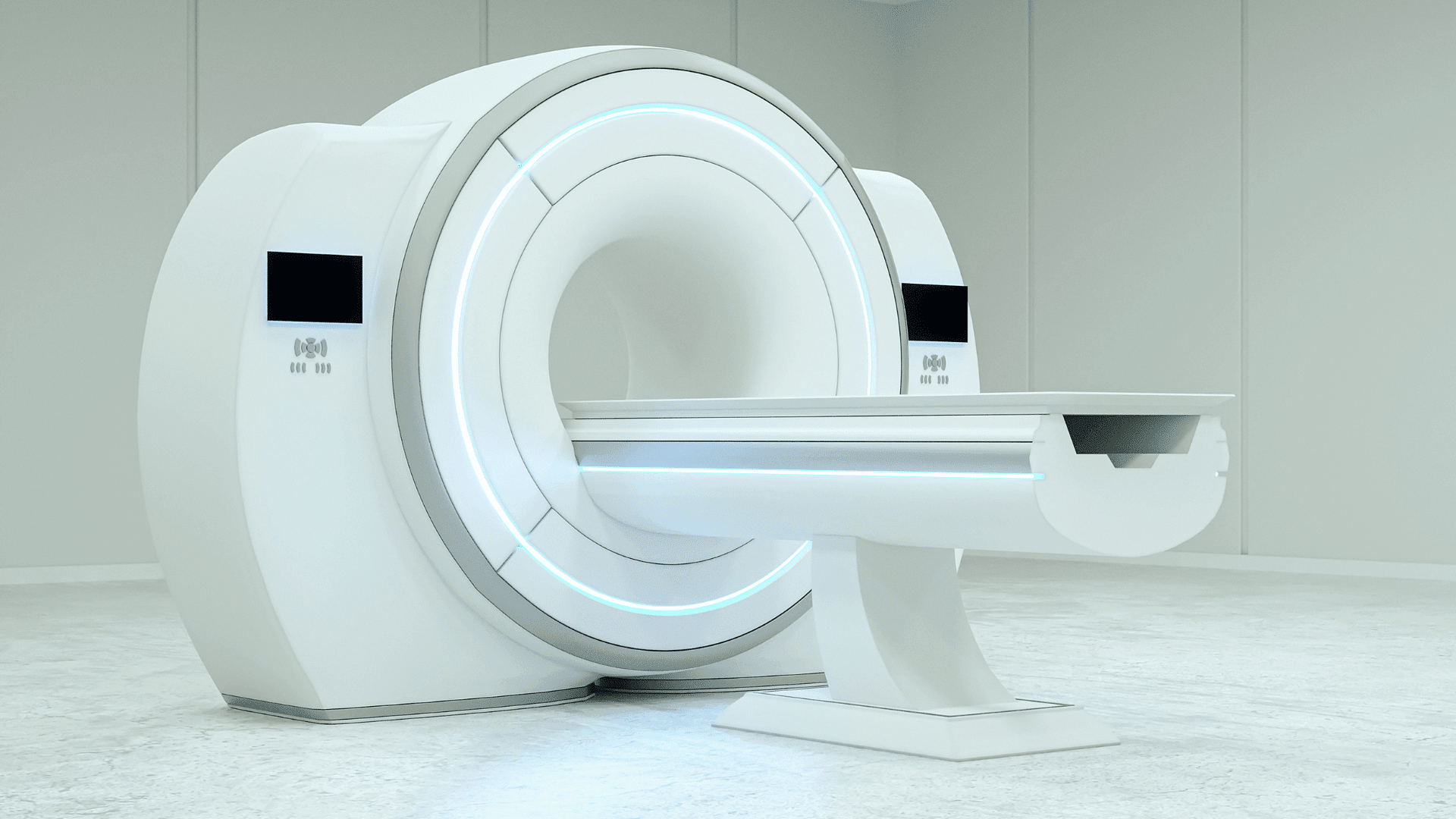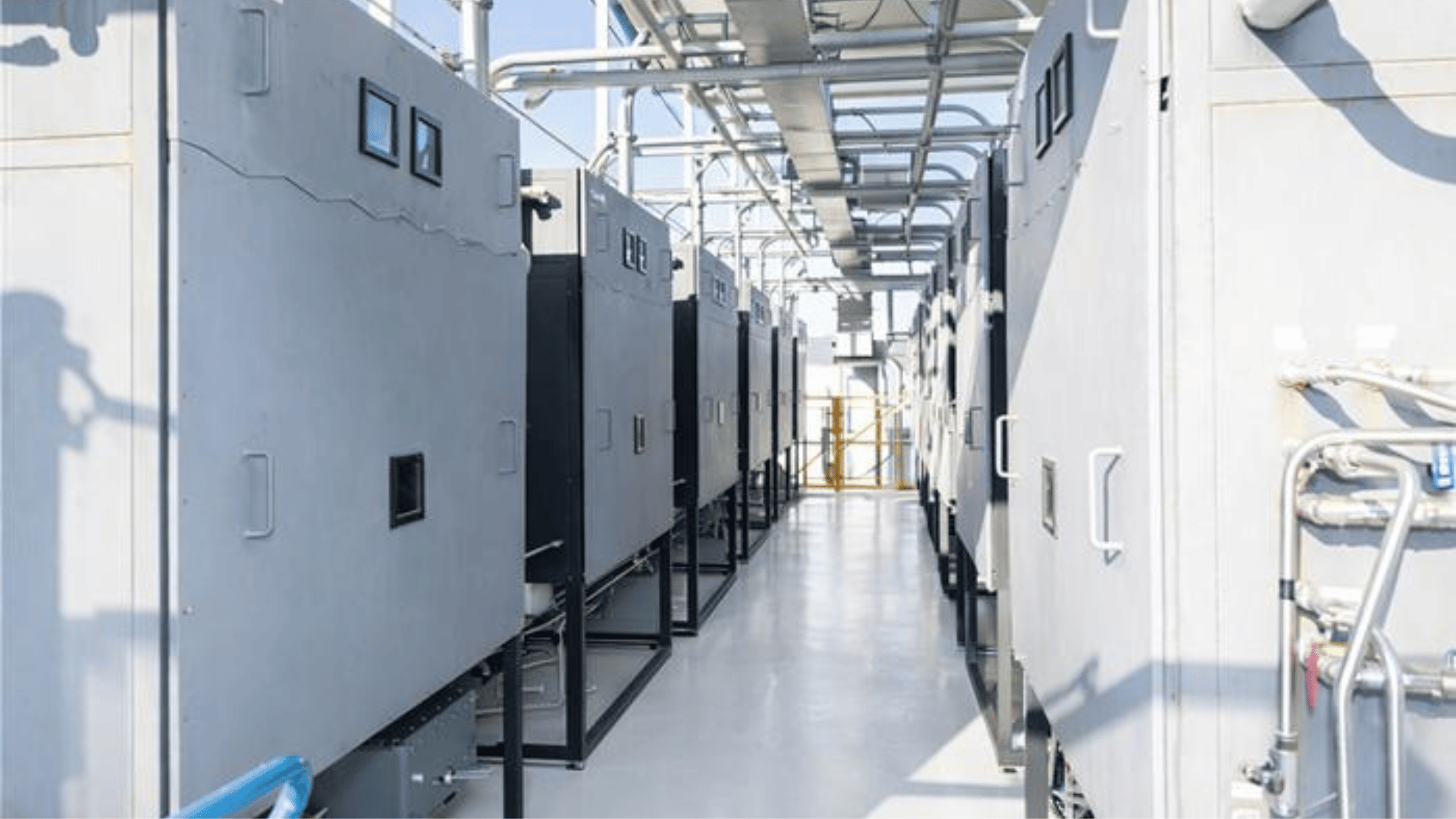A California-based startup called Varda Space Industries is planning to develop medicine in space that can’t be developed on Earth due to gravity. The firm announced that it has raised $187 million in its latest round of funding, bringing its funding total up to $329 million.
Developing Medicine in Space

The company stated that its technology harnesses space conditions to develop “novel drug formulations that would otherwise be impossible.” According to Interesting Engineering, this is because active pharmaceutical materials and other materials crystallize differently in microgravity conditions.
“With this capital, Varda will continue to increase our flight cadence and build out the pharmaceutical lab that will deliver the world’s first microgravity-enabled drug formulation,” Varda Space CEO Will Bruey explained in its press statement.
According to a CNN report from 2023, one previous example of this type of mission was conducted by pharmaceutical firm Merck aboard the International Space Station (ISS). During this mission, researchers discovered that the microgravity conditions allowed them to create a more stable version of the pembrolizumab, which is used in some cancer drugs.
Thus far, Varda has flown three successful launch and return missions. A fourth mission is currently in orbit, and a fifth is planned for later this year. The firm plans for its space vehicles will someday be able to mass-manufacture drugs in space.
“When you think about mass manufacturing, it doesn’t necessarily mean that we need to scale up by 1000x in terms of size of vehicle,” said Delian Asparouhov, cofounder of Varda Space Industries.
“Our current vehicles can bring back on the order of 50 kilograms (110 pounds) of active pharmaceutical ingredient. For the sets of drugs that we’re working on, for some of them, that can be like a full batch size — that is quarterly production.”
During the W-1 mission, Varda’s first, the firm grew crystals of the anti-HIV drug ritonavir inside a space vehicle in low Earth orbit.
“Varda’s orbital laboratories are the first to process materials outside the International Space Station (ISS) and mark the beginnings of commercial expansion into low Earth orbit,” the company explained in its statement.







